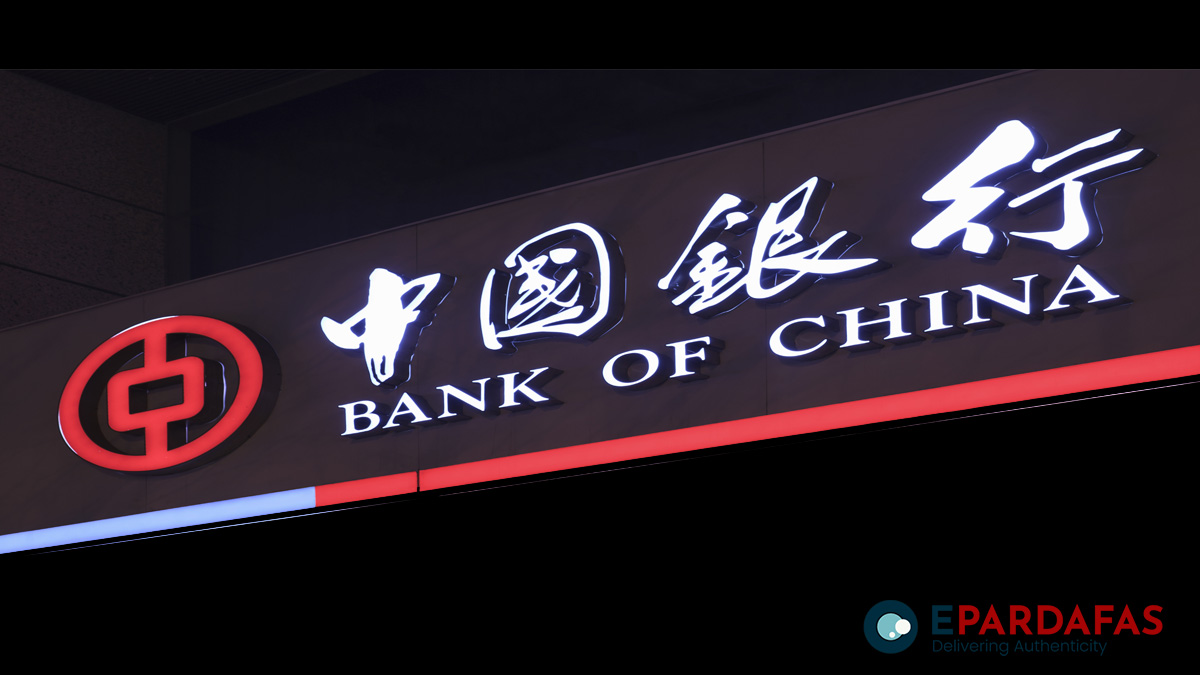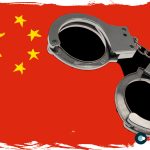
China’s Top Banks Intensify Scrutiny of Smaller Peers Amid Property Debt Crisis
China’s major banks are intensifying their scrutiny of smaller financial institutions, tightening standards for interbank lending, and reducing exposure to potential credit risks. The move is seen as a response to the deepening property debt crisis, which is creating ripples across the Chinese economy.
An exclusive report published by Reuters reveals that two of China’s largest state-owned banks and a prominent joint-stock bank have intensified reviews of smaller lenders in recent months. The focus is on identifying institutions with poor asset quality and high default risks. In response, the state-owned banks have decided to reduce interbank lending limits and impose shorter maturity periods for smaller peers deemed high risk.
The cautious approach is driven by growing concerns about the health of smaller banks in the second-largest global economy. The ongoing property sector crisis and rising local government debt have identified these smaller banks as potential vulnerabilities in the financial system.
These measures could potentially exacerbate capital challenges for smaller banks, forcing them to seek support from Beijing. While larger Chinese banks primarily rely on customer deposits for stable and long-term funding, smaller lenders have been aggressively borrowing from local counterparts, making them more susceptible to counterparty risks.
China’s mid-sized and smaller banks constitute approximately half of the trading volume in the interbank lending market. In response to the escalating situation, some big banks have tightened lending criteria, exacerbating liquidity concerns for smaller institutions.
A senior official from a leading joint-stock bank stated that they had tightened lending criteria and stopped purchasing bonds from smaller banks with total assets below $40 billion. This signals a shift in strategy to address the challenges posed by smaller banks.
Despite China’s efforts to inject capital into struggling small regional lenders through the sale of special bonds, concerns persist about the collective danger posed by smaller banks that primarily fund themselves via short-term money market borrowing. The increased use of interbank lending for funding purposes heightens sensitivity to counterparty risk.
The People’s Bank of China (PBOC) and the National Financial Regulatory Administration have not responded to requests for comment on these developments.
As China grapples with the economic slowdown’s impact on its financial system, local authorities have taken measures to support the banking system, especially smaller banks, to maintain financial stability. However, the deepening property debt crisis and the liquidity gap in recent months have heightened worries about the health of smaller banks, necessitating more stringent measures to curb credit risks.















Comments